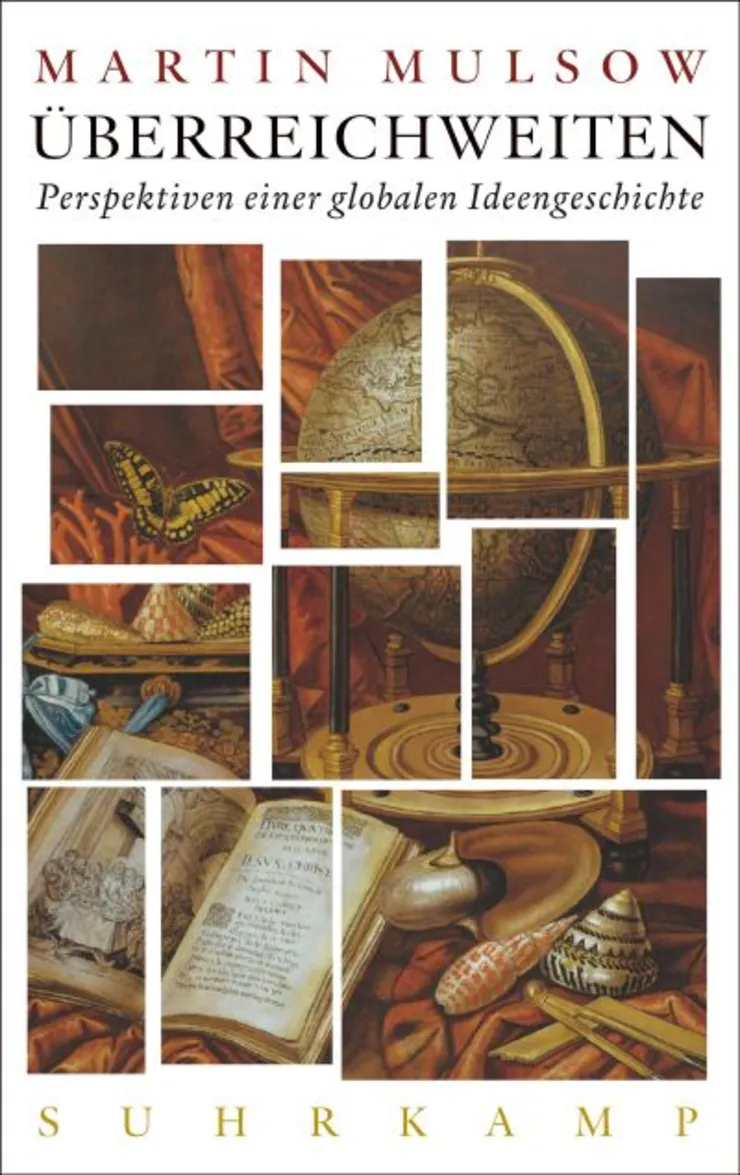In eight chapters, each of which traces pre-modern entanglements, some of which also present themselves as aberrations or confusions, a Hamburg physician, for example, sets out in search of Turkish martial drugs; the philosopher Leibniz researches the earliest Chinese characters; Spaniards in Potosí, Peru, have to see how the devil is worshipped in the mines, and a collector of the Lord's Prayer despairs of the vocabulary of the African Khoikhoi.
What distinguishes these pre-modern pioneers of 17th and 18th century globalization? How do they succeed or fail in referencing the foreign and distant objects with which they engage? How did the ideas that landed with them travel through space and time?
Next Tuesday, November 22, at 3:30 p.m., Martin Mulsow will present his new book ""Überreichweiten. Perspektiven einer globalen Ideengeschichte" (Overreach. Perspectives on a Global History of Ideas), which is published by Suhrkamp, as part of the Intellectual History colloquium at the Gotha Research Centre. Registration at e-mail: forschungszentrum.gotha@uni-erfurt.de is requested.


